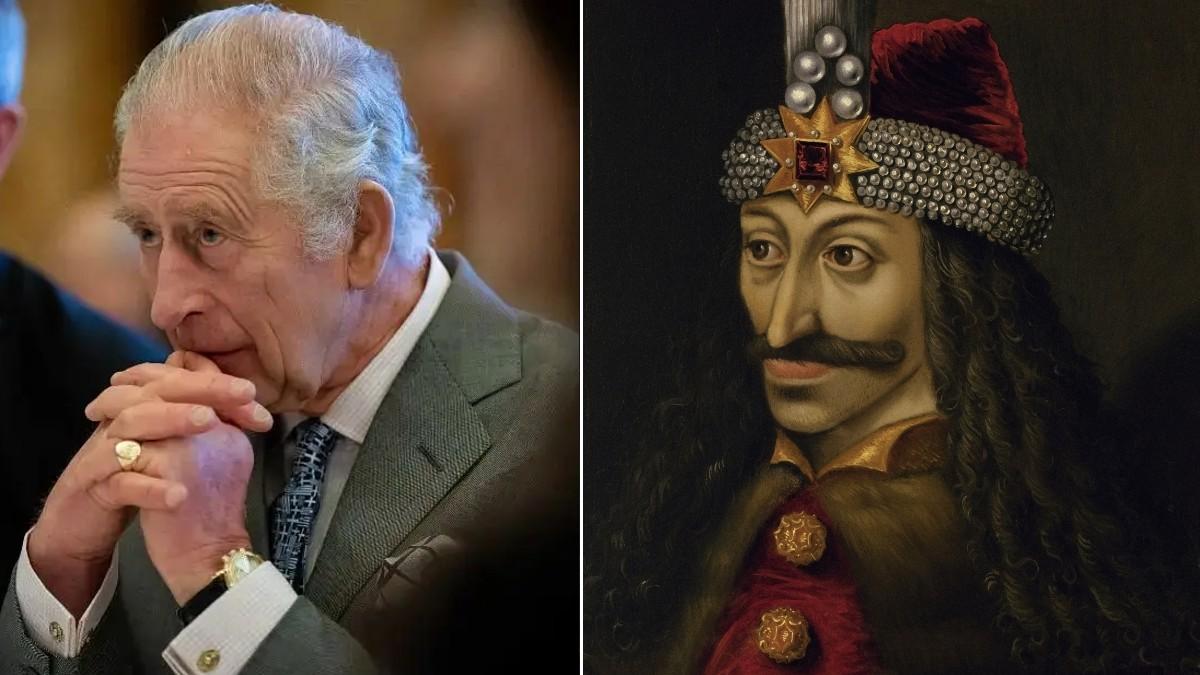EXCLUSIVE: Heartbreaking Truths Revealed About Princess Diana's 'Revenge Dress' As Tragic Royal's 30th Death Anniversary Approaches
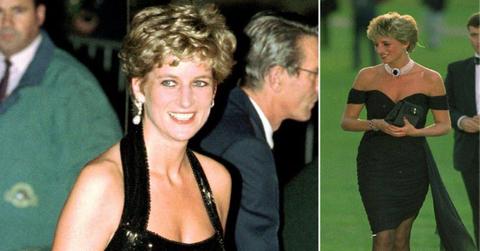
New revelations surfaced about Princess Diana's 'Revenge Dress' ahead of her 30th death anniversary.
Oct. 17 2025, Published 4:21 p.m. ET
Princess Diana's so-called "revenge dress" – the dazzling black gown she wore after Prince Charles publicly confessed to adultery – has been revealed to carry a far deeper, more painful symbolism than most realized, RadarOnline.com can reveal – with those close to the late royal now reflecting on its enduring impact ahead of the 30th anniversary of her death.
The Night Diana Changed Everything
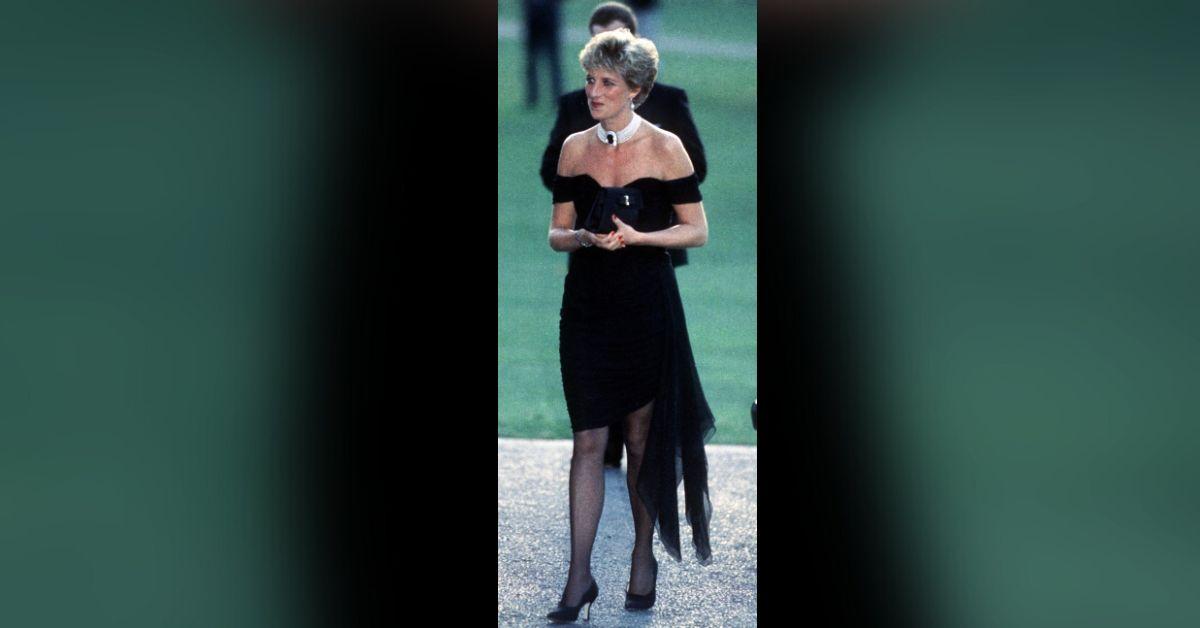
Diana’s 'Revenge Dress' stunned the world in 1994.
On June 29, 1994, Diana, then 32, arrived at the Vanity Fair gala at London's Serpentine Gallery wearing a daring off-the-shoulder black silk dress by Greek designer Christina Stambolian. It came as Charles told ITV's Jonathan Dimbleby he had been unfaithful to his wife with Camilla Parker Bowles.
The timing transformed Diana's look into a defining cultural moment – one that has come to embody heartbreak, defiance, and reinvention in equal measure.
A royal source said: "That dress was so much more than just a fashion choice – it was a deliberate coded statement. Diana knew Charles' confession would dominate the headlines, and she managed to flip the narrative in a single evening.
"The message was unmistakable: she might have been betrayed, but she refused to be defeated."
The Dress That Spoke Volumes
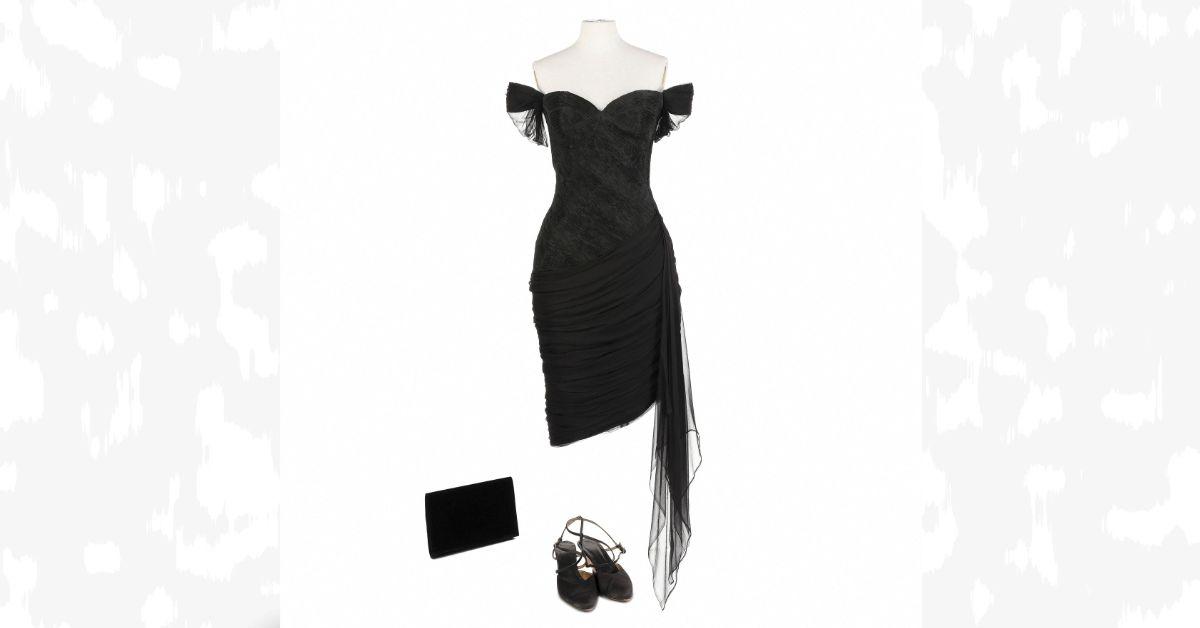
Black signaled 'the death of her marriage.'
The Princess had commissioned the dress three years earlier but never wore it.
Stambolian later recalled: "Three years went by and she hadn't worn it. Then I realized she had been waiting for the right occasion."
That occasion arrived when TV previews of Charles' tell-all interview made clear what he was about to admit. Instead of the Valentino gown she had originally planned to wear, Diana turned to the bold Stambolian number – a choice that would rewrite royal fashion history.
Former royal aide Paul Burrell remembered her nerves that evening.
"She said, 'I can't go, I can't face the world knowing what Charles has just said,'" he recalled. "And anyway, I haven't got anything to wear."
But after some hesitation, Diana changed her mind.
"She slipped into it, I zipped her up, and she looked like a million dollars," Burrell said.
A Symbol of Defiance and Loss
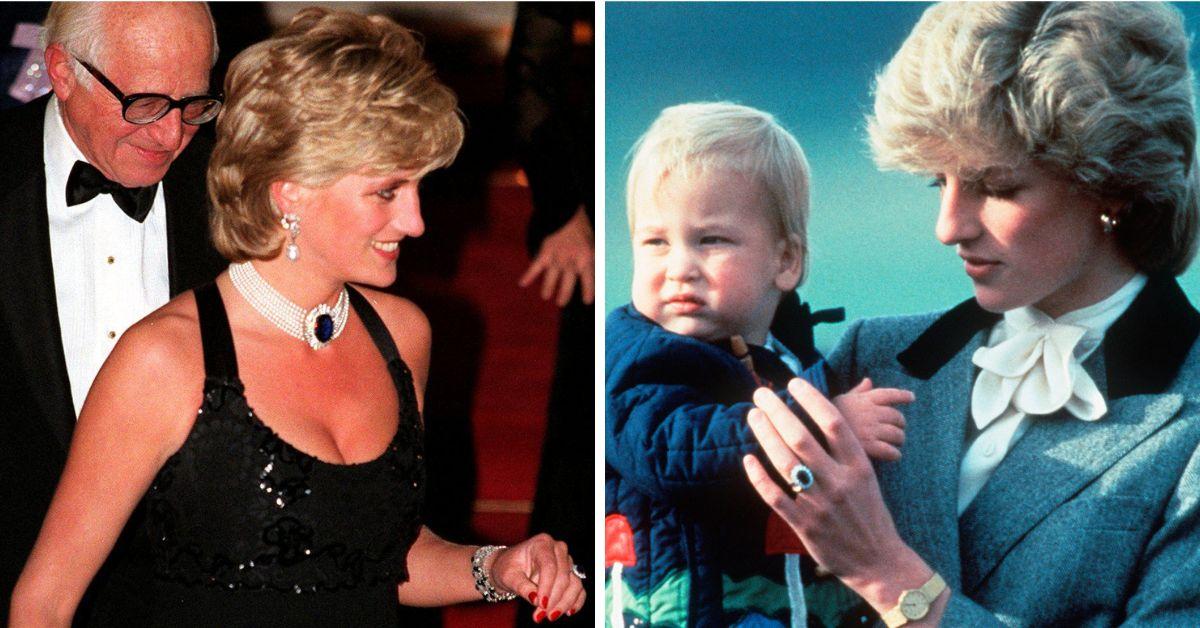
Every jewel that night carried royal history and heartbreak.
The off-the-shoulder silk dress, with its asymmetric hem and chiffon train, was both striking and symbolic.
Traditionally, royal women wore black only when in mourning – and insiders said Diana used it deliberately to signal "the death of her marriage."
She paired it with her sapphire-and-pearl choker, once a wedding gift, and her sapphire engagement ring – a choice viewed by many as both defiant and deeply sad.
A source close to Diana's circle said: "That dress was pure emotion. It wasn't revenge in the shallow sense – it was grief, power, and freedom all rolled into one. She knew exactly what she was doing. It was her way of taking control of a story that had humiliated her."
The Legacy of the 'Revenge Dress'

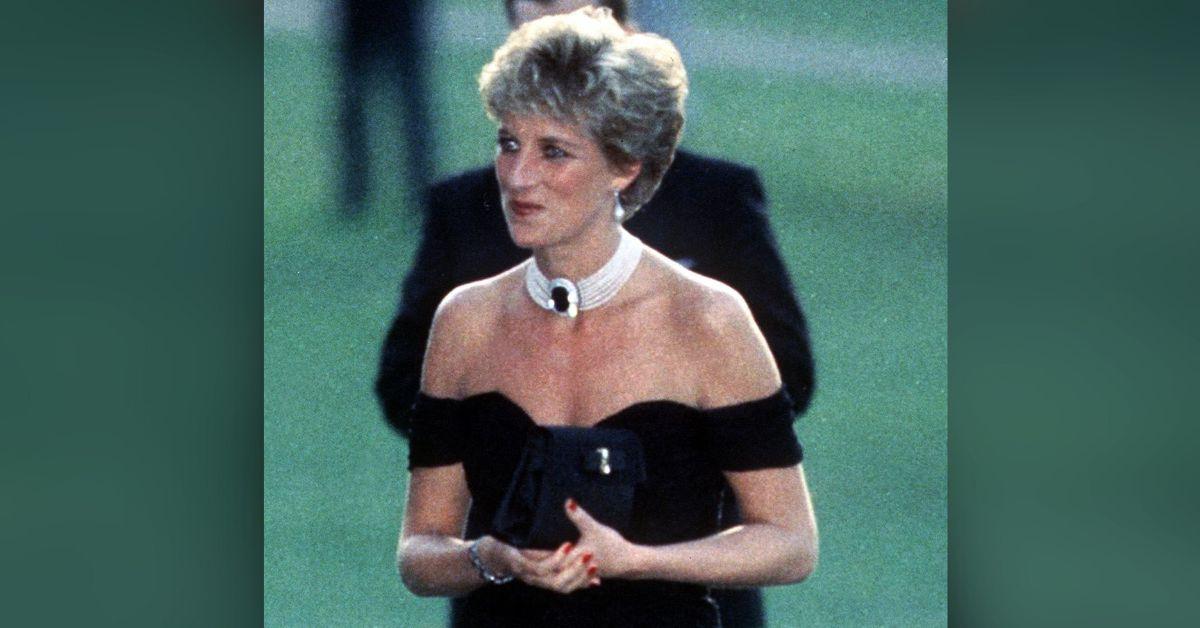
Three decades on and the dress remains iconic.
As Julia Peyton-Jones, the former director of the Serpentine Gallery, later recalled: "As she got out of the car, it was impossible not to gasp. She looked sensational – it was as if she had come down to earth from another planet."
The next day, Diana's image eclipsed Charles' interview entirely. Tabloid headlines dubbed her look "The Thrilla He Left to Woo Camilla," while global media hailed the Princess as "radiant in revenge."
A palace source said: "It was an absolute PR disaster for Charles and the defining victory of Diana's life. That night changed everything – from then on, she stopped being just a member of the royal family and became her own person."
Before her death in 1997 aged 36, Diana auctioned off the dress along with other pieces from her wardrobe for charity.
It sold for $74,000 to Scottish collector Graeme Mackenzie, who still owns it.
The gown remains one of the most recognizable garments in fashion history – a garment that, as one friend put it, "spoke louder than any words she could ever have said."
